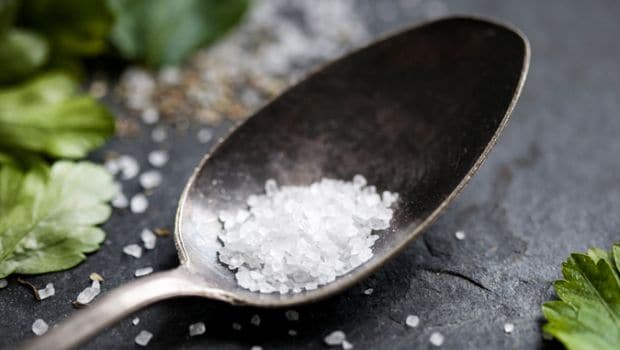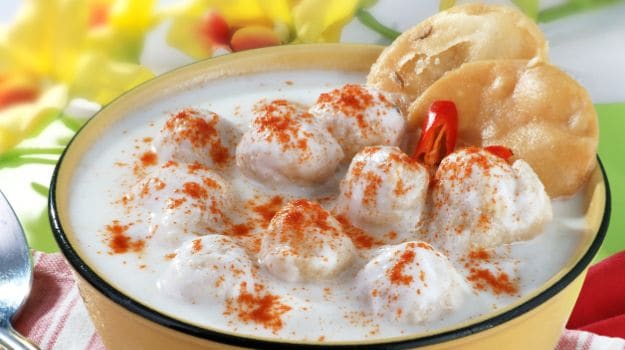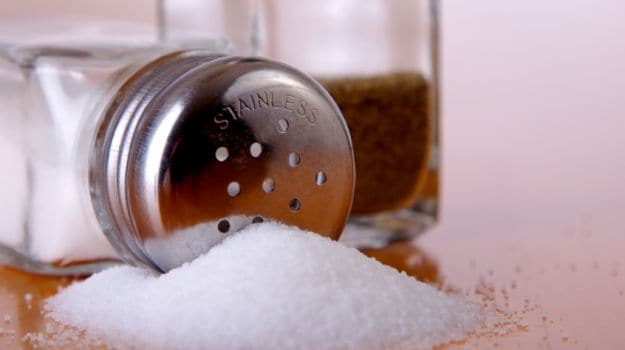
Come summer, come winter, we Indians love salty food. We can’t imagine snack time without munching on chatpata fries, samosas, chaats and other namkeens. While most of us are aware of the fact that too much salt is not good for our health, we often turn a blind eye, or forget to keep a check amidst all the celebrations and get-togethers. Just a little pinch of it can transform an ordinary dish into a lip-smacking treat. The truth is salt as an ingredient is not completely bad for our health. Natural forms of salt contain various minerals that can prove to be beneficial for us. But the refined variety, which is known as table salt and that’s what we bring home to cook our meals, is devoid of any goodness. So consuming large quantities of it can spike up blood pressure and other ailments.
A recent study has revealed that Indians love salt a little too much. The study conducted by an Australian firm suggests that an average Indian consumes about 119% more salt than the WHO recommendation. WHO guidelines suggest that an individual should limit intake of salt to 2gm per day. The average intake by Indians was noted to be 10.98 gms which is more than 5 times the limit. This is alarming given the rise of Cadiovascular Diseases (CVDs)in India in the recent year. Between 2010 and 2013, around 23% of all deaths in India were attributed to Cardiovascular dieases.
Conducted by George Institute of Global Health (GIGH), the study was published in The Journal of Hypertension. Doctors have for long discussed and advocated against the excess intake of Salt. Too much salt in your body can lead to a High Blood pressure, which in turn can cause several other heart-related diseases.

The WHO believes that high sodium consumption (more than 2 gm of sodium which is equivalent to 5 gm salt per day) and insufficient potassium intake (less than 3.5 gm per day) contribute to high blood pressure and increase the risk of heart disease and stroke.
Dr Sanjay Kalra, Consultant Endocrinologist, Bharti Hospital, Karnal, and Vice President, South Asian Federation of Endocrine Societies, said, “Processed and fast foods have become the norm since they are easier to make and carry, and consume. Consumption of pulses, fruits and vegetables has reduced.” “A processed food diet is full of sugar, harmful fats, and excess salt leading to conditions such as high blood pressure, obesity, and cardiovascular diseases.
High blood pressure can also lead to kidney failure by causing extra strain on the arteries,” he added. The study also notes that every measure of salt intake made in India except one has provided an estimate above the WHO-recommended maximum consumption level of 5 gm/day. The best estimate obtained by this meta-analysis suggests that average salt intake in India is double the recommended maximum level. Another study – published in the British Medical Journal – has shown that a government-supported national policy on reducing sodium intake by 10 per cent over 10 years can help reduce the burden of several lifestyle disorders including hypertension and heart disease.

Dr K K Aggarwal, National President, Indian Medical Association (IMA), said “While sodium is needed by the body in certain amounts, an excess of it is very harmful. Excess salt is directly related to blood pressure. Increase in salt consumption raises the sodium level, thereby increasing blood pressure.” “It can also double the risk of cardiovascular diseases such as coronary heart disease, heart failure, and strokes.
So it’s about time you started keeping a strict check on your salt intake.
[“source-ndtv”]









